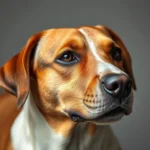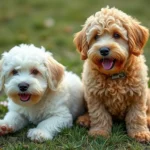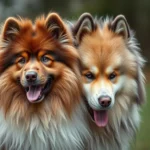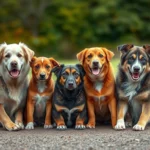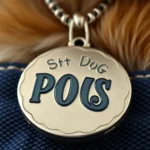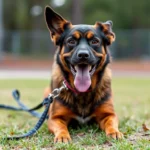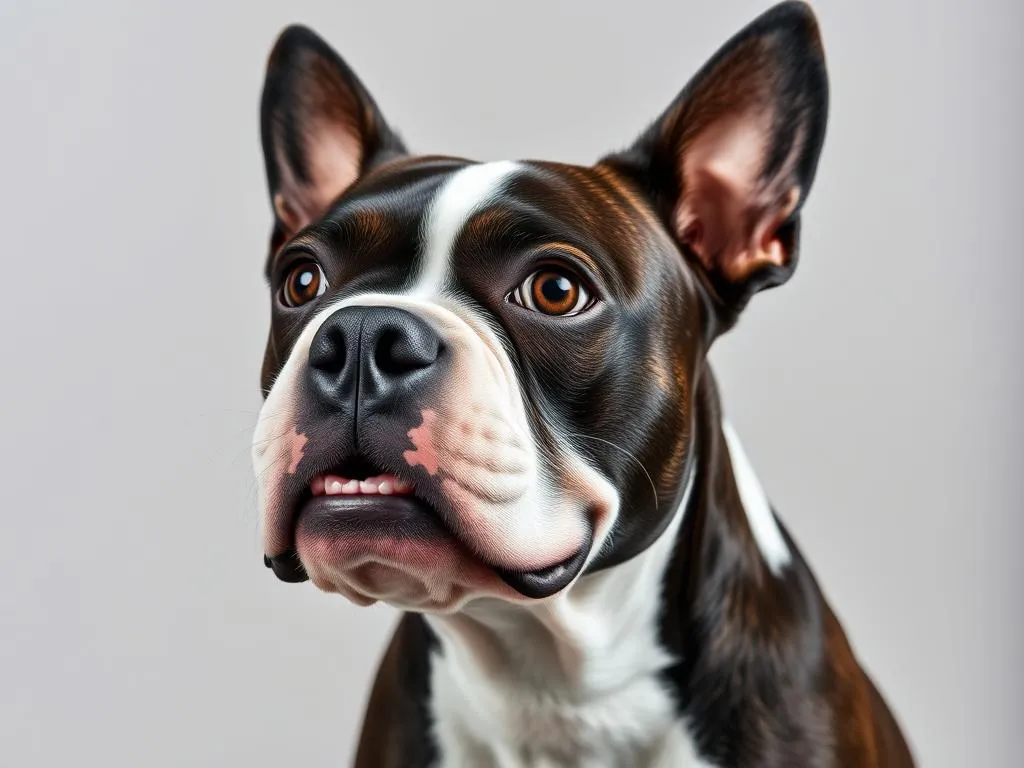
Boston Terriers are known for their charming personalities, distinctive tuxedo-like markings, and affectionate nature. However, one common question prospective and current owners often have is, how much do Boston Terriers drool? Understanding drooling in dogs is essential for anyone considering bringing one of these lovable companions into their home. In this article, we will explore the drooling habits of Boston Terriers, focusing on everything from the reasons behind drooling to managing it effectively.
Understanding Drooling in Dogs
What is Drooling?
Drooling, also known as hypersalivation, is the excessive secretion of saliva. In dogs, drooling can be a normal behavior, but it can also signify underlying issues. Normal drooling occurs when a dog anticipates food, is excited, or is simply relaxing. Excessive drooling, however, may be a sign of health concerns and should be monitored closely.
Why Do Dogs Drool?
Dogs drool for various reasons:
- Anticipation of Food: One of the most common reasons for drooling is when a dog smells food or is about to eat.
- Excitement: Dogs can also drool when they are excited, such as when greeting their owners or playing.
- Anxiety: Stress or anxiety can lead to increased salivation in dogs.
- Health Issues: Conditions such as dental problems, illnesses, or even heat can cause excessive drooling.
Breed characteristics also influence how much a dog may drool. Some breeds are naturally predisposed to drooling more than others.
Boston Terriers: An Overview
Breed Characteristics
Boston Terriers, often referred to as the “American Gentleman,” originated in the late 19th century in Boston, Massachusetts. They are small, compact dogs with a sturdy build and a short snout. Their brachycephalic (short-nosed) structure can contribute to drooling, particularly during hot weather or if they are overly excited.
General Behavior and Temperament
Boston Terriers are known for their friendly, social, and intelligent nature. They are typically good with children and other pets. However, their temperament can affect their drooling habits. An anxious Boston Terrier may drool more than a calm one, especially in stressful situations or environments.
How Much Do Boston Terriers Drool?
Average Drooling Levels
On average, Boston Terriers are considered to be moderate droolers. When compared to breeds like Saint Bernards or Bloodhounds, known for their excessive drooling, Boston Terriers typically drool less. However, it is not uncommon for them to leave a bit of saliva on the floor, especially during mealtime or after a vigorous play session.
Factors Influencing Drooling in Boston Terriers
Several factors can influence how much a Boston Terrier drools:
- Age and Health Status: Younger dogs or those in good health tend to drool less. Older dogs or those with health issues may experience increased drooling.
- Environmental Influences: Heat and humidity can exacerbate drooling in Boston Terriers.
- Diet and Allergies: Foods that are either too dry or that contain allergens can irritate a dog’s mouth, leading to increased salivation.
Managing Drooling in Boston Terriers
Tips for Owners
Managing drooling in Boston Terriers involves a few best practices:
- Regular Cleaning: Keep your home clean by wiping up drool spots regularly. This will help maintain hygiene and prevent odors.
- Feeding Routines: Establish a consistent feeding schedule to help manage drooling. Feeding your Boston Terrier in a designated area can help contain the mess.
- Choosing the Right Food: Opt for high-quality dog food that is easy to chew and digest. This can help minimize drooling during mealtime.
When to Be Concerned
While some drooling is normal, owners should be aware of signs that may indicate a health issue:
- Excessive Drooling: If your Boston Terrier is drooling significantly more than usual, it may be time to consult a veterinarian.
- Other Symptoms: Look for signs such as difficulty eating, bad breath, vomiting, or changes in behavior.
Common health problems associated with excessive drooling in Boston Terriers include dental issues, gastrointestinal problems, and infections. Monitoring your dog’s health and addressing any concerns promptly is vital.
Conclusion
In summary, Boston Terriers are moderate droolers, and understanding their drooling habits is essential for current and prospective owners. By recognizing the factors that influence drooling and adopting effective management strategies, you can ensure a harmonious relationship with your furry friend. Remember, while a little drool is part of the package, keeping an eye on any changes in your dog’s behavior or drooling patterns is crucial. Owning a Boston Terrier can be a rewarding experience, and being well-informed will help you provide the best care possible.
FAQs
Are all Boston Terriers prone to drooling?
Not all Boston Terriers drool excessively, but they are known to drool more than some other breeds due to their brachycephalic nature and behavioral traits.
What can I do to reduce my Boston Terrier’s drooling?
To reduce drooling, maintain a consistent feeding schedule, choose suitable food, and ensure regular dental check-ups.
Is drooling a sign of health problems in Boston Terriers?
Excessive drooling can indicate health issues such as dental problems or gastrointestinal distress. If you notice a sudden increase in drooling, consult your veterinarian.
How can diet affect my Boston Terrier’s drooling?
Diet plays a significant role; poor-quality or allergenic food can lead to increased drooling. Opting for high-quality, digestible food can help minimize this.
Should I consult a vet about my Boston Terrier’s drooling?
Yes, if you notice any sudden changes in drooling habits or additional concerning symptoms, it’s best to consult your veterinarian for a thorough evaluation.
In conclusion, while how much do Boston Terriers drool can vary from one dog to another, being informed about the breed’s tendencies can help you manage their drooling effectively and enjoy all the joys of having a Boston Terrier as part of your family.
